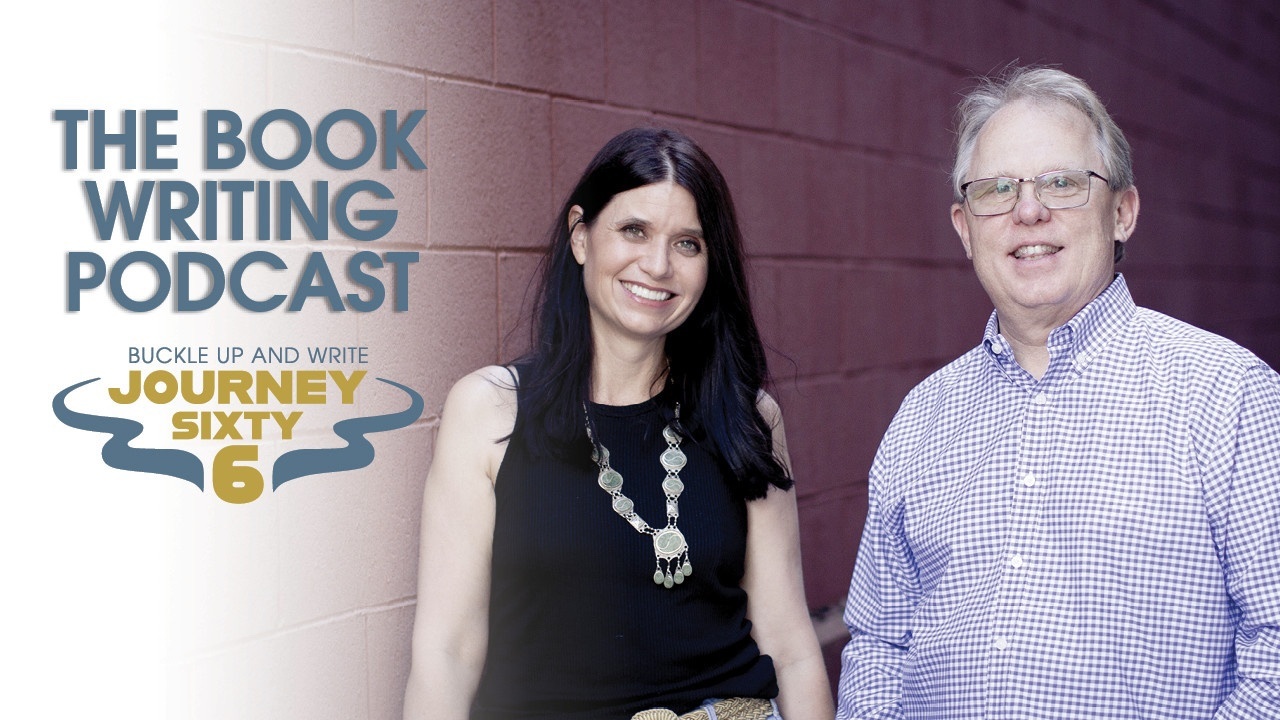[Podcast] How Curiosity Makes Your Writing Memorable

You may never have considered how curiosity makes your writing memorable. If you haven't, are you curious to know how?
Recently, Dave and I chatted about curiosity. We both self-identify as curious people. And we both have thoughts about how we developed the ability to ask meaningful questions.
One reason goes back to our years when we worked in the magazine world. Articles often start with good interviews. Good interviews start with good questions. Good questions are fueled by curiosity.
There are bound to be times when you are stuck in book writing, whether at the idea formation stage or as you flesh out a chapter. At those moments, you may need to do more research. Or interview someone. That's when it’s time to plug into your curiosity.
Here are five insights about how curiosity makes your writing memorable, and tips to help you develop curiosity.
1. Ask "good" questions.
Yes, when you're gathering information to support your idea, thicken prose, or nuance a story, there is such a thing as a bad question. "Bad" questions are closed questions that simply demand a "yes" or "no." "Good" questions are open-ended.
Anything that starts with “Tell me about…” is a great way to get people telling stories. "How do you interpret..." and "What are your thoughts on..." questions also get people to expand upon an idea that you are trying to understand more deeply.
2. Read the person and ask good follow-up questions.
This is how you go deep in an interview.
Often when Dave and I are interviewing someone, we look for the raised eyebrow. We listen for the tone in a person's response. We pay attention to the prolonged pause.
All these non-verbal cues can indicate that someone has something more to say on the topic and need a bit of encouragement to keep talking.
If a person seems animated in their response, you might say, "You seem to be passionate about this topic. Where does this passion come from?" Or, if a person is about to say something, but then pulls back, you might ask, "It seems like you were going to say something. Can you share what you were going to say?"
Often the interviewee just needs a nudge to keep talking. And as they continue to talk, you find the gold.
3. Empathize when appropriate.
When someone shares something personal, you can express empathy. This can contribute to creating a safe environment for people to share more candidly. A simple, "That must have been difficult," can keep the interviewee sharing.
Be cautious, however, in empathizing too much. The temptation is to tell a story that is about you, rather than keeping the focus on the interviewee. Don't hijack the interviewee's story.
4. Prepare.
When you interview someone for a writing project, be sure to do your homework and prepare some rudimentary questions. The best questions are those that get you beneath the hood early on. If you can understand a person's basic thinking on the subject before the interview, you can immediately get to the deeper stuff.
Also, writing down questions in advance ensures you have an objective: what do you want out of this interview? That being said, be prepared to go off script and follow where the conversation takes you. Often you'll get the questions answered by letting the conversation evolve naturally.
Be sure to take a look at your questions before you close the interview, so you don't miss "that one" question that you really need the answer to.
5. Record your interviews.
Some people are comprehensive note takers. I'm not. When I take notes and try to get every word, I miss key element's of the interviewee's response. Maybe it's the non-verbal cue I'm missing because I'm buried in my note taking.
Also, I find that when I'm focused on note taking I'm not fully engaged and thinking ahead to the next follow-up question.
When you record your interview--and then have it transcribed--you have every word. Then do what Dave and I do: go back and highlight the key phrases. This will prompt new thoughts for your writing project.



